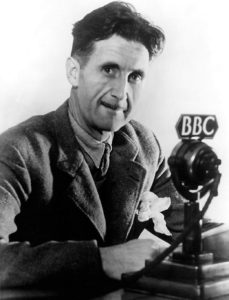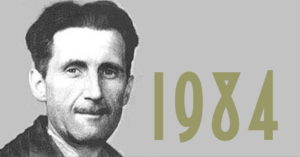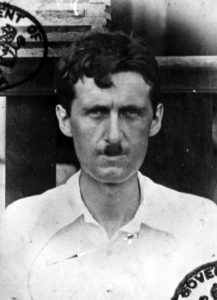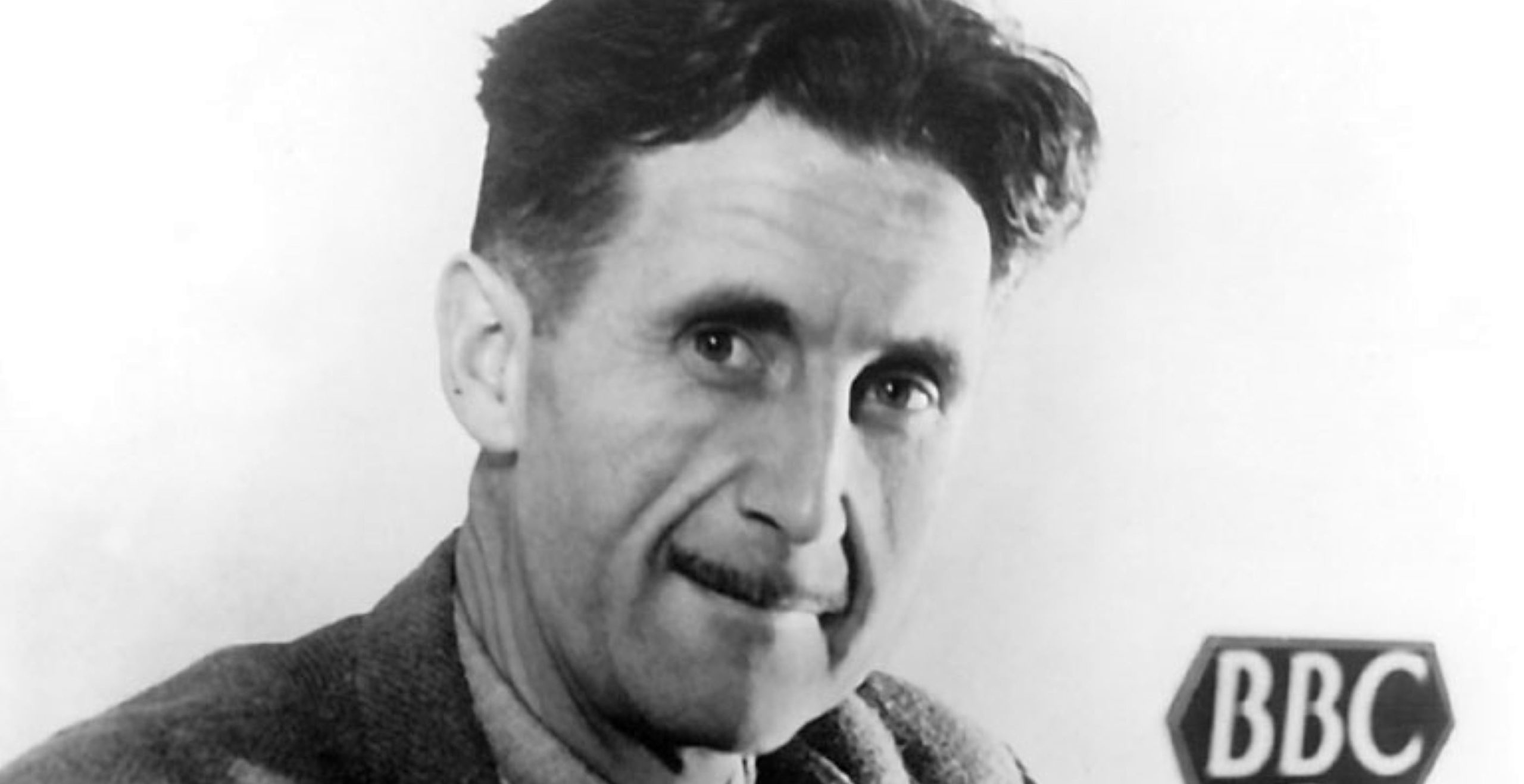George Orwell was a hard working writer in more ways than one, not only producing vast amounts of written work but prepared throughout his short life to immerse himself in his subject matter and get his hands dirty to ensure authenticity and a better informed reader.
Born in India in 1903 and christened Eric Blair, this important English writer looked set to lead a life of middle class comfort and respectability. However, as is evident in his large body of work, including essays, novels and riveting accounts of his own extraordinary life, George Orwell became a spokesman for the oppressed and a voice for compassion and decency. This voice was often at odds with common consensus and sought truth and justice in a rapidly changing world.
With an apparent disregard for his own wellbeing, Orwell combined a desire to write with a willingness to put himself in dangerous situations, forever searching for authentic experience and truth. This fearless approach took the writer far and wide, with readers exposed to diverse experiences and locations. These ranged from the toiling coal pits of Northern England to the white hot conditions of the 1936 to 1939 Spanish civil war, where he served in the POUM militia, a bullet in the neck doing little to dampen his enthusiasm for opposing fascism and tyranny. Never restrained by genre, Orwell moved between the fictional and non-fictional worlds to elaborate on his condemnation of totalitarianism, with his allegorical novel “Animal Farm” displaying his willingness to defend democracy both physically and through his writing.

In 1922, following his education at Eton, where Orwell was remembered by class mates as a “de-bunker” and more critically by himself as “an odious little snob”, he set off for Burma, modern day Myanmar, to serve in the Indian Imperial Police. This early part of his adult life did much to shape the writers outlook and worldview, and many a vivid experience is brought to life in not only his compelling essays such as ‘Shooting an Elephant’ and ‘A Hanging’ but also in his fictional output, where “Burmese Days” raises important questions through Orwell’s investigation and condemnation of man’s dominion over his fellow man.
This stage in his life also contributed material to some of his more well-known work such as the seminal “1984”, where Orwell cemented his place as not only a writer but a pioneer of science fiction and political forecaster. However, acutely aware of his privileged position in the world, his time in Burma also furnished him with a desire to experience life at the other end of the social scale, and led to the creation of a slightly less celebrated but equally compelling work, “Down and Out in Paris and London”.

The first part of his adventure in the French capital provides the reader with both hilarity and horror with its vivid description of life lived on a few francs a day. With his dry and straightforward style Orwell brings multiple characters to life, such as the colourful Russian refugee Boris and, typically for him, raises many a pertinent question; his time as a hotel dishwasher compelling him to recognise the plongeur as “the slave of the hotel,” in a passage that explores the “social need” and value of certain types of work. This is a prominent theme in much of Orwell’s work and is particularly striking in his essay “Down the Mine” where the life of the coal miner is explained in horrifying detail. It was back in London, however, that Orwell went to new lengths to appreciate the plight of those less fortunate, where against a backdrop of Waterloo Bridge and the Embankment he fearlessly entered the unknown.
Expressing a desire to rid himself of “a great weight of guilt” the intrepid Orwell donned the threadbare attire of a homeless wanderer and set out fearing that “the police might arrest [him] as a vagabond.” His account of the psychology surrounding physical appearance would have been ground-breaking when his work was published, and it is no less striking and relevant today. His observations on people’s reactions to those “dressed in a tramps clothes” makes for uncomfortable yet irresistible reading with Orwell lightening the mood with the hilarious observation that despite his seemingly repellent appearance, it was also the first time someone had called him “mate”.
Orwell’s descriptions of the accommodation available to him in his reduced condition are equally vivid, and reminiscent of the tales of Charles Dickens, a writer Orwell very much admired. As he moves between lodgings boasting “good beds for single men” and basement dormitories inhabited by stevedores and navvies, he remains undeterred by what must have been alien to someone of his background, and despite his unflinching observations and descriptions, often displays admiration and genuine affection for those who were perceived by the majority as his inferiors.

Throughout his life Orwell battled ill health, fighting pneumonia on several occasions and dengue fever in Burma, with bullet wounds and nights spent in freezing trenches undoubtedly compounding a catalogue of illness that ended with tuberculosis in 1950. Unbowed and with cigarette in mouth, this colossus of the literary world stopped at nothing to bring to light issues that he considered of the upmost importance, and despite his evident thirst for travel and adventure did not neglect his homeland in his search for truth.
This is evident in his treatment of the capital, where, despite his many justified criticisms, ranging from the wretched conditions of the spike or casual ward to the tedious diet of “tea and two slices”, his writing carries an undercurrent of optimism and humour in its darkest recesses. This not only justifies his reputation as a truly great writer and spokesman for democratic socialism but ensures that he will be remembered as a truly courageous and stoic Englishman who was prepared to endure all manner of hardship in his quest for equality.
Edward Cummings is a freelance writer who is enthusiastic about anything historic.






